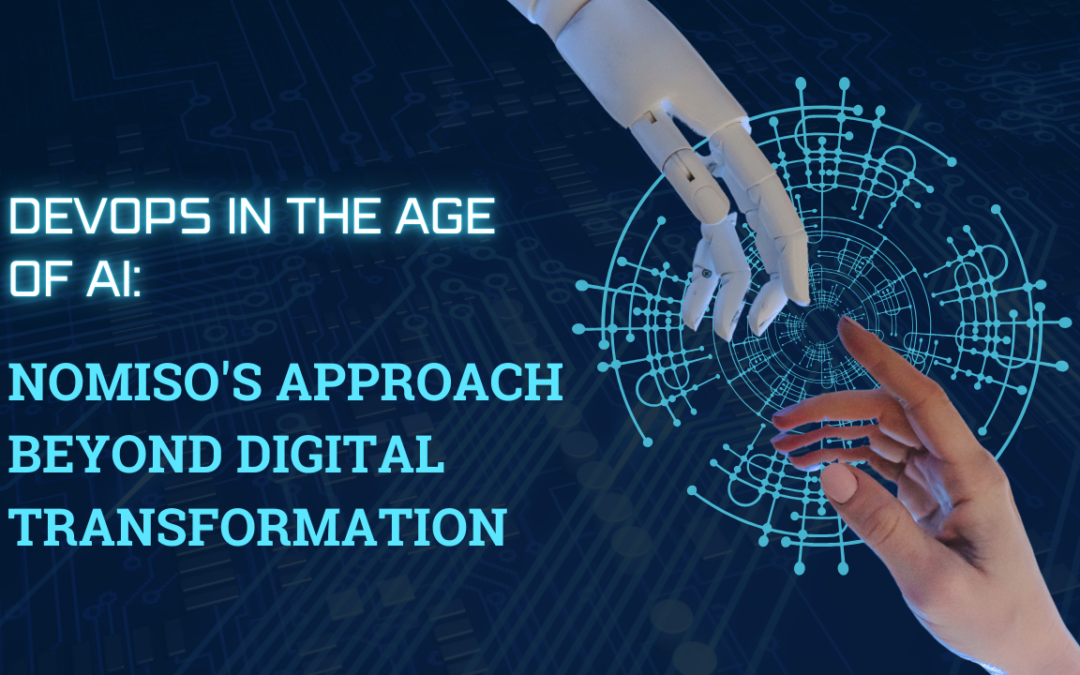Over the past three decades, offshoring has been a pivotal strategy to bridge talent gaps in technology, with an estimated total of 3 million offshore jobs anticipated by 2025. However, the landscape of offshoring has experienced profound shifts in response to changes in technology, work-from-home practices, workforce demographics, and the prevalence of modern software engineering models.
To truly harness the benefits of offshoring, it is crucial to grasp the evolution of this landscape.
Movement Towards Agile
The software development paradigm has evolved from the traditional “V model” to agile methodologies. Unlike its predecessor, agile development necessitates near-real-time interaction among various teams within a sprint. The traditional factory model of scaling offshore teams becomes less relevant. Companies excelling in software agility report innovation scores 55% higher than those in the bottom quartile.
Impact of AI and the Changing Role of Developers
Artificial intelligence (AI) has a profound influence on every aspect of software. Developer productivity is expected to soar with the momentum gained by generative AI. McKinsey research suggests that adopting advanced generative AI can enhance development speed by 25–50%. AI-based tools also revolutionize the speed of hiring, with a smart approach reducing hiring cycle times by up to 75%.
Transition Methodology
When transitioning work from one method to another, a critical step is structured knowledge transfer to the new team. Often neglected, this vital step was underscored in a Deloitte Consulting Survey, revealing that 75% of outsourcing arrangements failed to adequately address it. Starting this process a few months before offshoring activities commence is crucial.
Outcome-based Business Models
Business executives seek certainty of outcomes. Successful organizations consider the maturity of business models and innovation to define clear accountability for results. This approach provides access to essential skills, deep industry knowledge, cutting-edge technology, and a proactive understanding of emerging risks.
Organizations navigating offshoring in the ever-evolving global marketplace must comprehend and adapt to these changes if they hope to stay ahead of their competitors and bridge gaps. Embrace agility, leverage AI advancements, prioritize knowledge transfer, and build robust business models for a future where offshoring isn’t just a strategy; it’s a transformative journey toward sustained success.











